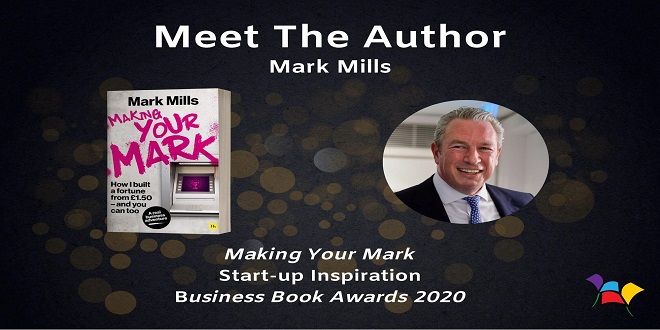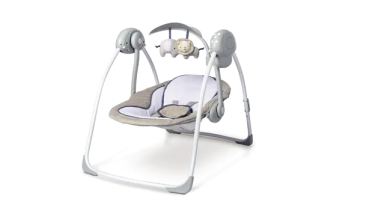
If you have ever used a cashpoint machine in a petrol station and been outraged at having to pay £1.75 to withdraw some money, Mark Mills is the man to blame. He got the idea of creating a string of privately owned cash machines after using one in a New York deli.
By 2006 the business he founded, Cardpoint, had more than 6,500 machines in petrol stations and shops in the UK, between them dispensing more than £500 million a month and generating a turnover of £98 million a year. Cashpoint machines were not the first time Mills had managed to turn an idea into a money-making venture. Indeed, his CV reads like a whirlwind tour of entrepreneurial enterprise.
He started his first business at 18, his second at 20, his third at 22, and his fourth at 25. Hardpoint was his fifth. He first discovered the desire to make money at the age of six when he started selling his friends bags of broken biscuits that his aunt brought home from the factory where she worked.
He says: ‘I couldn’t see the sense in giving something away if people were prepared to pay for it. I kept spotting opportunities and couldn’t understand why people didn’t fulfill them. Even as a child I could see that the more effort you put in, the more you got out.’
By the time Mills was 18, he was organizing parties in nightclubs, hiring a room for £100 and then charging £5 entry fee for up to 300 guests, making a profit of £1,400 in a single night. He left school at 18 just as BT was being privatized and decided there might be an opportunity to make money by selling new-style payphones, which gave pub owners a better profit margin than the old ones. He did well, but soon decided there was no long-term growth in a business that did not have any recurring revenue.
Mills’ next venture was to produce a booklet of dialing codes, but that led to a tussle with BT. Instead, he turned his attention to creating a referral system that would put insurance brokers in touch with local tradespeople. It was slow to take off, however, and so in 1997 Mills came up with his best idea yet – advertising on the side of postboxes. He says: ‘I phoned the Royal Mail who told me I was the 50,000th person to ring up and suggest it – and the answer was no.
But I decided there must be a way around it. I thought perhaps I could produce my own postbox and get the Royal Mail to do the collection from it.’ Unable to get a straight answer out from anyone, Mills enrolled for the first year of a law degree at night school so that he could use the law library and figure out if it could be done. He discovered a quirk in the Telecommunications Act that allowed someone to produce a private postbox, provided it had a lock bought from the Royal Mail, which was paid a fee to collect from it.
Mills quickly produced a prototype and then asked the big oil companies if they would be interested in having a postbox in their petrol stations. Nearly all said yes. Then he asked Nestlé, the food company if it would pay for advertising on the side of the boxes. It said yes too. There was just one problem. Having developed the business, Mills had no money left to put it into practice. He managed to get six postboxes installed before selling the business to the advertising group More O’FerrallAdshel, staying on as a consultant.
Last word
The secret of achieving success, he says, is having the confidence to take risks. He has a sign above his desk that says: ‘Failure cannot live with persistence.’ Now 38, he says: ‘You must not be afraid of failure. If you keep going and never give up then eventually you will turn it around. You just have to keep your nerve and keep your feet on the ground.’
The Higgs Domino Rp event brings excitement to fans. The Live from the Arena: The Showdown Experience immerses viewers in the action. Atmosphere and audience interaction add to the thrill. Broadcasting the event ensures everyone can enjoy the show.




